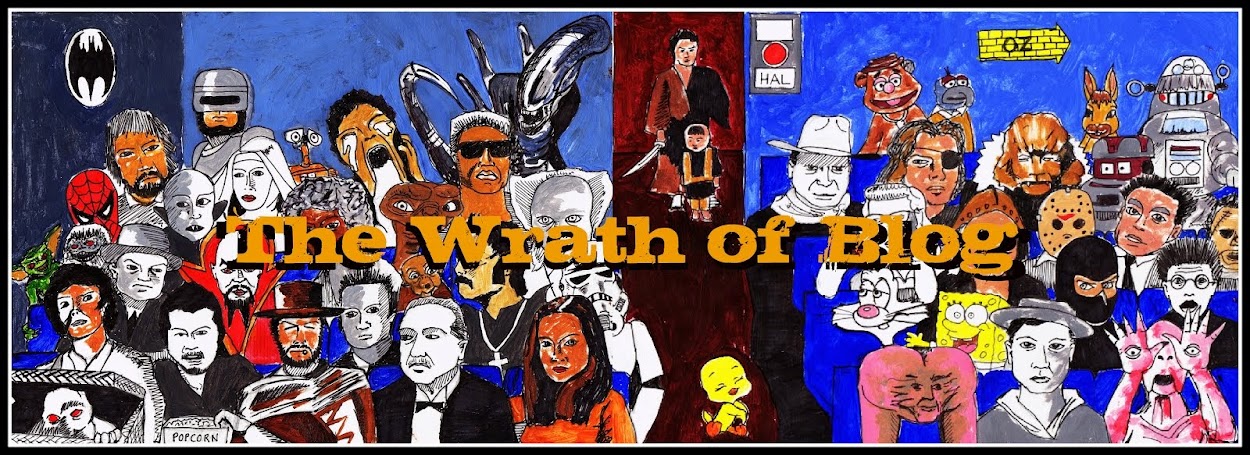 Larisa is the last remaining singleton, and there's no shortage of suitors, despite the fact that she will come without a dowry. The richest merchant in town, Mokiy Parmenovich Knurov (Aleksey Petrenko), harbours strong feelings towards Larisa, but he is married and too old. Perhaps better suited is Larisa's childhood friend Vasiliy Danilovich Vozhevatov (Viktor Proskurin), but he is not quite rich enough to take a bride without a dowry. Yuliy Kapitonovich Karandyshev (Andrey Myagkov), a postman of low social status, is madly in love with Larisa, or perhaps with how such a beautiful woman will feed his ego. Yuliy frequents the parties thrown by Kharita in the hope of convincing her, but is usually left embarrassed or overshadowed by the more charismatic men at the events. Yet Larisa only has eyes for one man, the rich, handsome and exciting Sergei Sergeyvich Paratov (Nikita Mikhalkov), a travelling merchant who surrounds himself with music-playing gypsies who utterly adore him. After spending a wonderful evening together, Paratov suddenly sets sail without saying goodbye, leaving Larisa at the mercy of the increasingly obsessive Yuliy.
Larisa is the last remaining singleton, and there's no shortage of suitors, despite the fact that she will come without a dowry. The richest merchant in town, Mokiy Parmenovich Knurov (Aleksey Petrenko), harbours strong feelings towards Larisa, but he is married and too old. Perhaps better suited is Larisa's childhood friend Vasiliy Danilovich Vozhevatov (Viktor Proskurin), but he is not quite rich enough to take a bride without a dowry. Yuliy Kapitonovich Karandyshev (Andrey Myagkov), a postman of low social status, is madly in love with Larisa, or perhaps with how such a beautiful woman will feed his ego. Yuliy frequents the parties thrown by Kharita in the hope of convincing her, but is usually left embarrassed or overshadowed by the more charismatic men at the events. Yet Larisa only has eyes for one man, the rich, handsome and exciting Sergei Sergeyvich Paratov (Nikita Mikhalkov), a travelling merchant who surrounds himself with music-playing gypsies who utterly adore him. After spending a wonderful evening together, Paratov suddenly sets sail without saying goodbye, leaving Larisa at the mercy of the increasingly obsessive Yuliy.Told in two parts, the first segment roughly covers the span of a year, while the second is merely a day and night. Larisa's sweeping romance with the reckless Sergei and his subsequent disappearance is a more personal story of a poor woman's seemingly hopeless search for love, while part two, which sees Sergei return and plot his seduction, makes larger statements about Russian society as a whole and the type of men that rot it to the core. As the merchants get together at a dinner party hosted by Vasily, these powerful, intelligent men toy with the drunk postman like an ant under a magnifying glass. It's often incredibly funny but uncomfortable to watch, and these brilliantly-acted scenes help build a sense of impending doom, particularly with the way Knurov watches over the Ogudalova family fortune like a vulture and plots Larisa's future like an all-knowing puppet-master. While it creeps slightly into melodramatic territory near the end, A Cruel Romance is a gorgeous costume drama with a ravishing score and haunting cinematography, capable of both sweeping you up into its arms and delivering a few cruel blows along the way.
Directed by: Eldar Ryazanov
Starring: Larisa Guzeeva, Alisa Freyndlikh, Nikita Mikhalkov, Andrey Myagkov, Aleksey Petrenko, Viktor Proskurin
Country: Soviet Union
Rating: *****
Tom Gillespie









